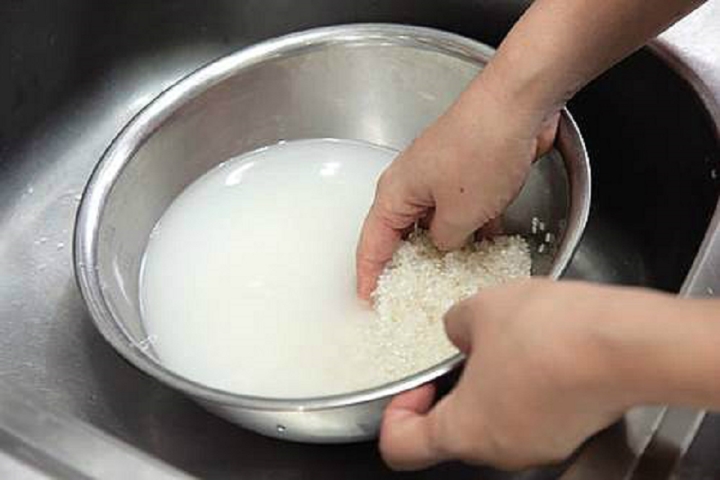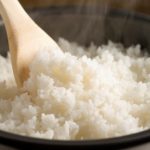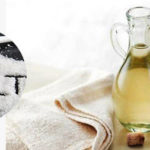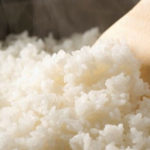Even though rinsing rice may seem simple, there are some small tricks that can make your rice much more delicious.
What does adding salt to rinsing rice do?
Salt is one of the most familiar spices in every kitchen, often used for cooking, processing, washing vegetables and meat…
When rinsing rice, you just need to add a little salt to the pot. This method will help the rice taste better and last longer. Even on hot sunny days, salt can preserve the rice without needing to put it in the refrigerator. Besides, when cooking leftover cold rice from the previous night, adding some diluted saltwater to cook along with it will immediately remove any strange smell.
Note when rinsing rice:
The rice you buy is relatively clean, however, we still need to rinse the rice to remove some dust and impurities. Rinsing rice more is not necessarily better. Scrubbing too hard and rinsing rice multiple times will remove all the nutrients in the rice.
Vitamin B1 is mainly found on the outer layer of the rice grain. If you rinse too much, the rice will lose a considerable amount of nutrients including carbohydrates, lipids, minerals, vitamins B1, B2, B6… Therefore, when rinsing rice, you just need to gently wash off the dust and impurities mixed in the rice. Do not rinse rice more than 3 times.

Benefits of adding salt to rinsing rice
Should we cook rice with cold water or hot water?
Cooking rice with cold water is a habit of many Vietnamese people. Cooking rice with cold water will cause the rice grains to expand, and the nutrients will dissolve in the water.
If you cook rice with hot water, the outer layer of the rice grains will shrink, creating a protective layer that prevents the grains from cracking, thus preserving the nutrients. Cooking rice with hot water also shortens the cooking process, making the rice cook faster. Additionally, it helps save electricity consumed during the cooking process.
Therefore, give up the habit of cooking rice with cold water immediately if you don’t want to spend a lot of time cooking rice without ensuring nutrition for the whole family.
Common mistakes in cooking rice that make it less delicious
Not soaking rice before cooking
Soaking rice in water before cooking helps soften the grains and make the rice cook evenly. Soak for 30 minutes to 1 hour before cooking.
Over-rinsing rice
Vitamin B1 is mainly found on the outside of the rice grain. If you rinse rice too much when cooking, you will lose nutrients. You should only rinse rice 1-2 times to remove all the dirt. Many people tend to rinse rice 4-5 times until the water becomes clear, which is a mistake to avoid.
Pouring too little or too much water
Pouring water incorrectly can result in soggy or dry rice, or rice that is not evenly cooked. Pour in enough water for the rice to be soft and delicious, which is something not everyone can do. Each type of rice will require a certain amount of water. Therefore, when buying rice, it is necessary to cook a test batch first. Start with 500g of rice and pour in 600ml of water, then adjust gradually to find the right amount.
Opening the lid too often
Opening the lid multiple times during cooking can lower the temperature and cause the necessary water vapor for cooking the rice to escape. Only open the lid when necessary or when the rice is fully cooked.
According to VTC.vn





































